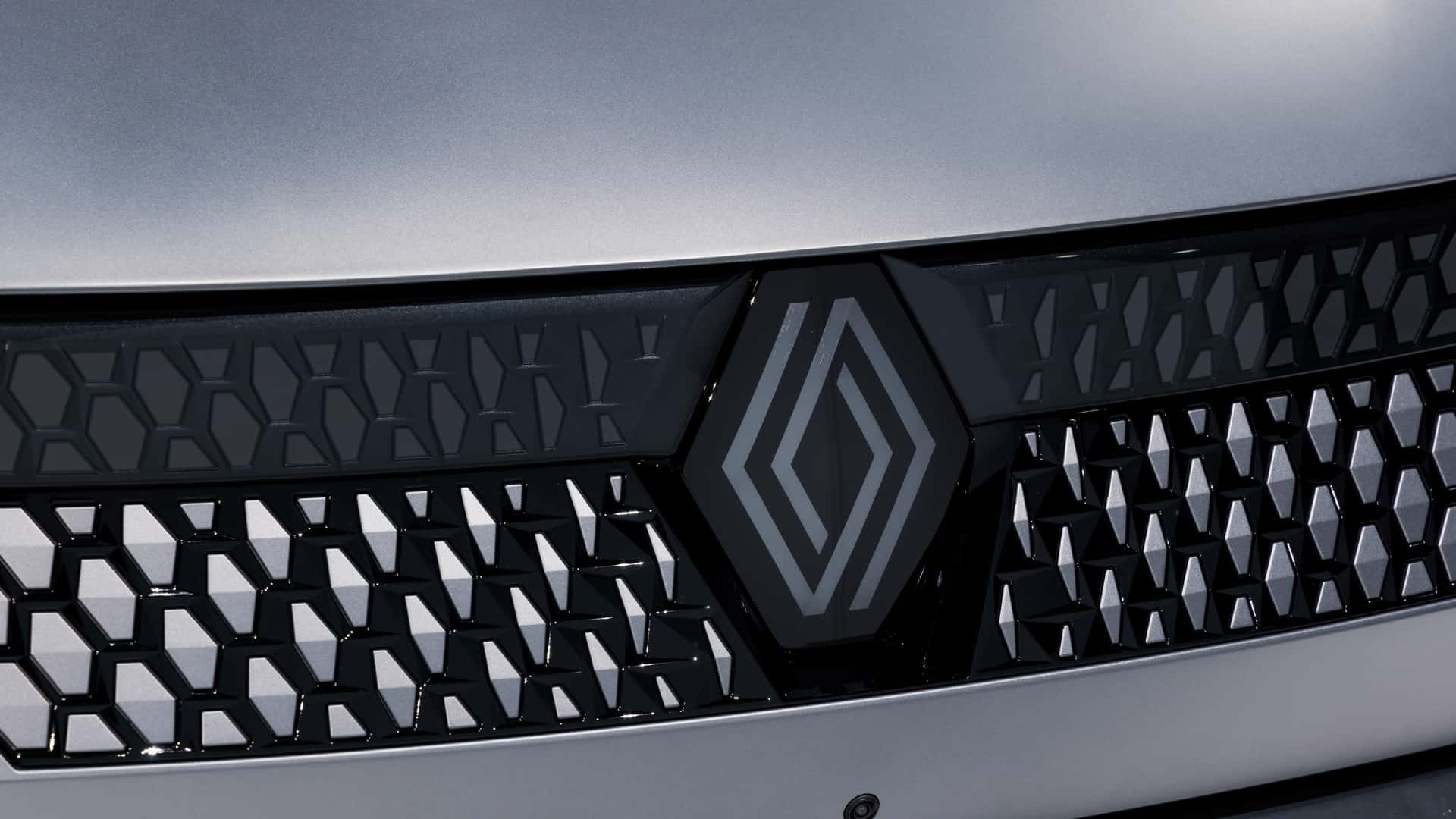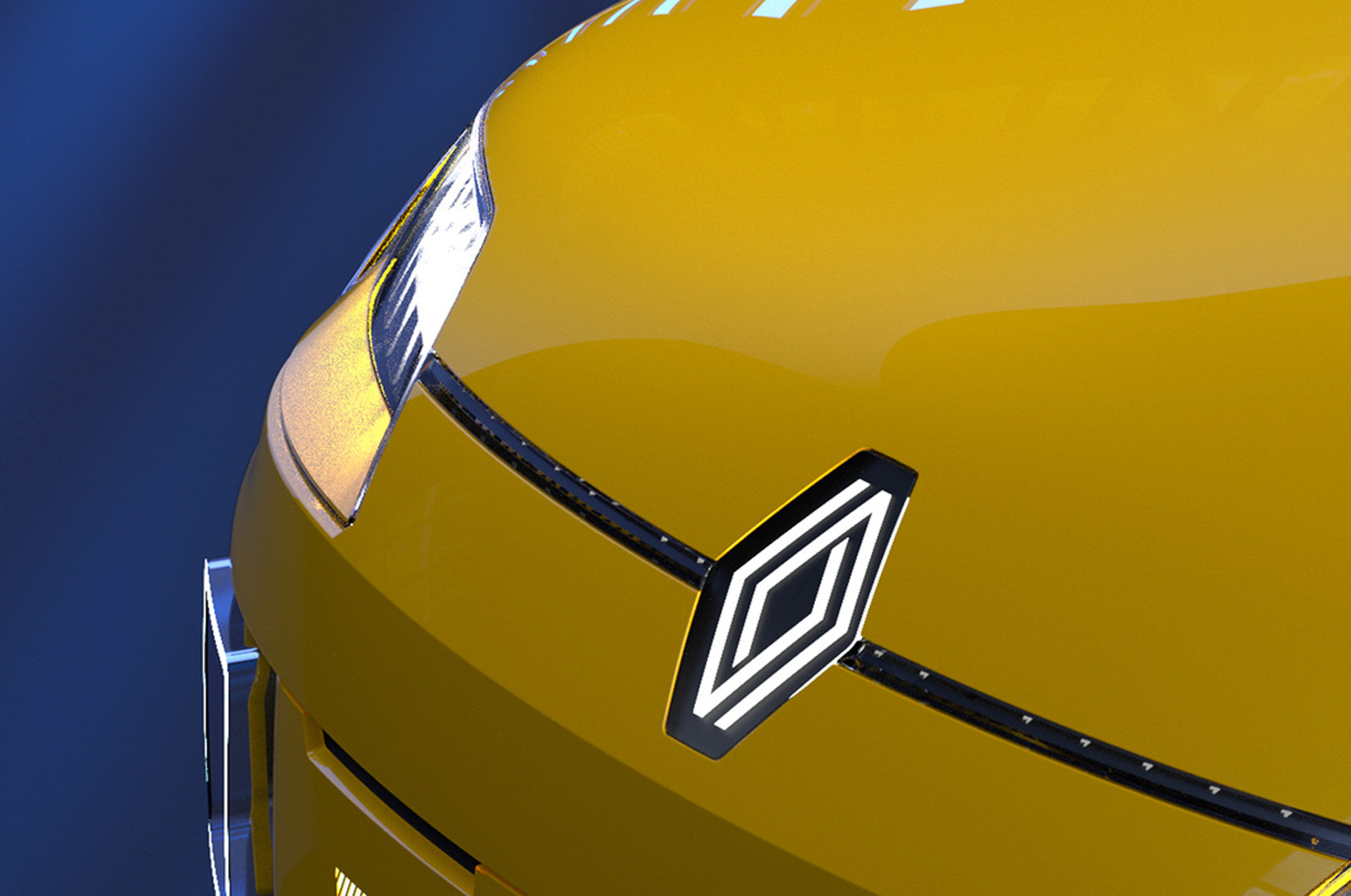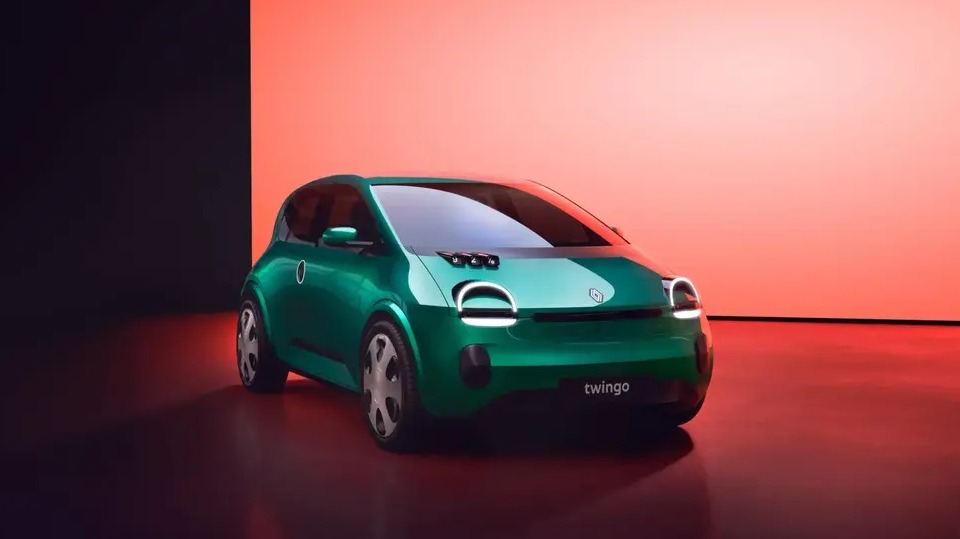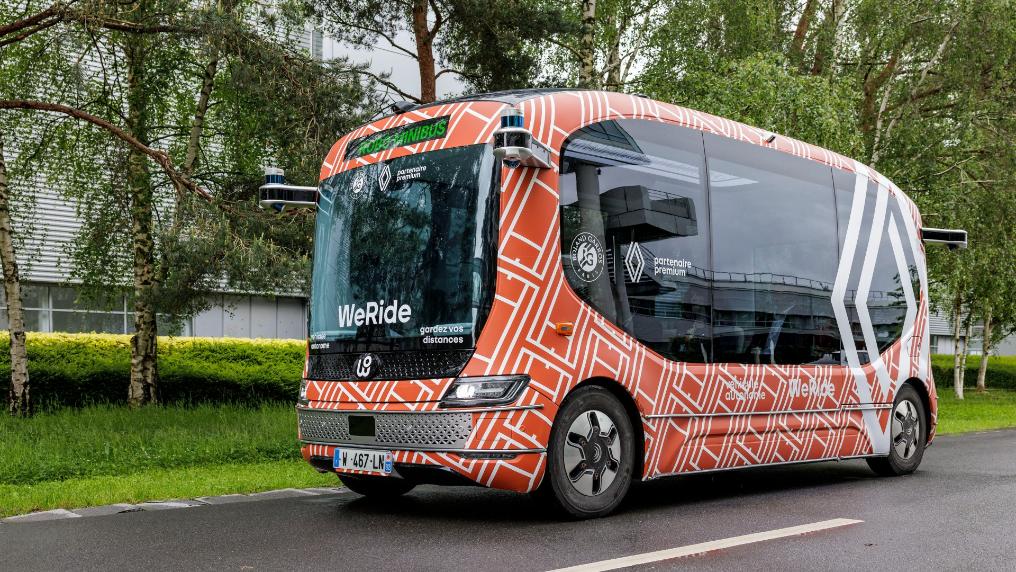Renault is set to keep internal combustion engines (ICE) in its lineup for the next decade as it aims to offer consumers a distinct range of electric vehicles (EVs). This “two-leg” strategy was disclosed by brand CEO Fabrice Cambolive, allowing the automaker flexibility to respond to market trends following a slowdown in EV adoption.
In an interview with Automotive News Europe at the Geneva International Motor Show, Cambolive emphasized Renault’s commitment to offering both EVs and ICE vehicles in every segment. “For me, the question is not [going EV-only in] 2030 – we will follow the trends with two very competitive offers in our lineup, on both legs,” said Cambolive.
See also: Renault and Volkswagen in Talks for Joint Small EV Venture
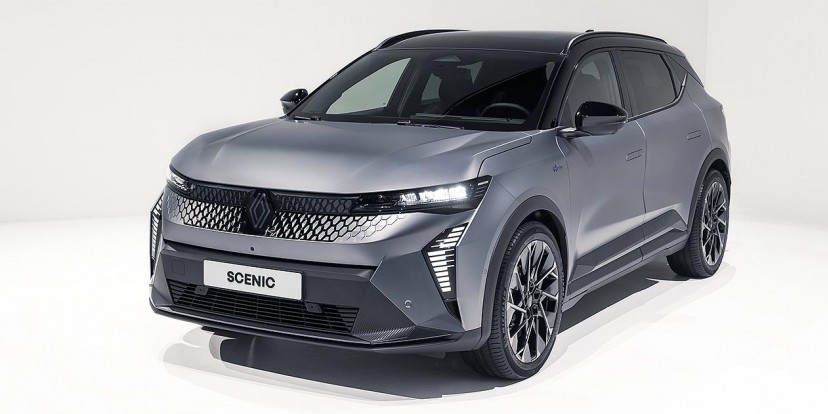
Renault’s approach contrasts with other automakers’ more aggressive EV strategies. In 2022, group CEO Luca de Meo suggested that Renault’s European lineup could be entirely EVs by the end of the decade, but he also noted that this plan would depend on market conditions. The company also projected that gas and hybrid vehicles would still represent at least 40 percent of the market in 2040.
The revised strategy means models like the new Renault 5 EV will coexist with ICE-powered vehicles like the Clio, targeting similar segments in the market.
See also: Renault Unveils Electric R5 with 400km Range and 25,000 Euro Price Tag
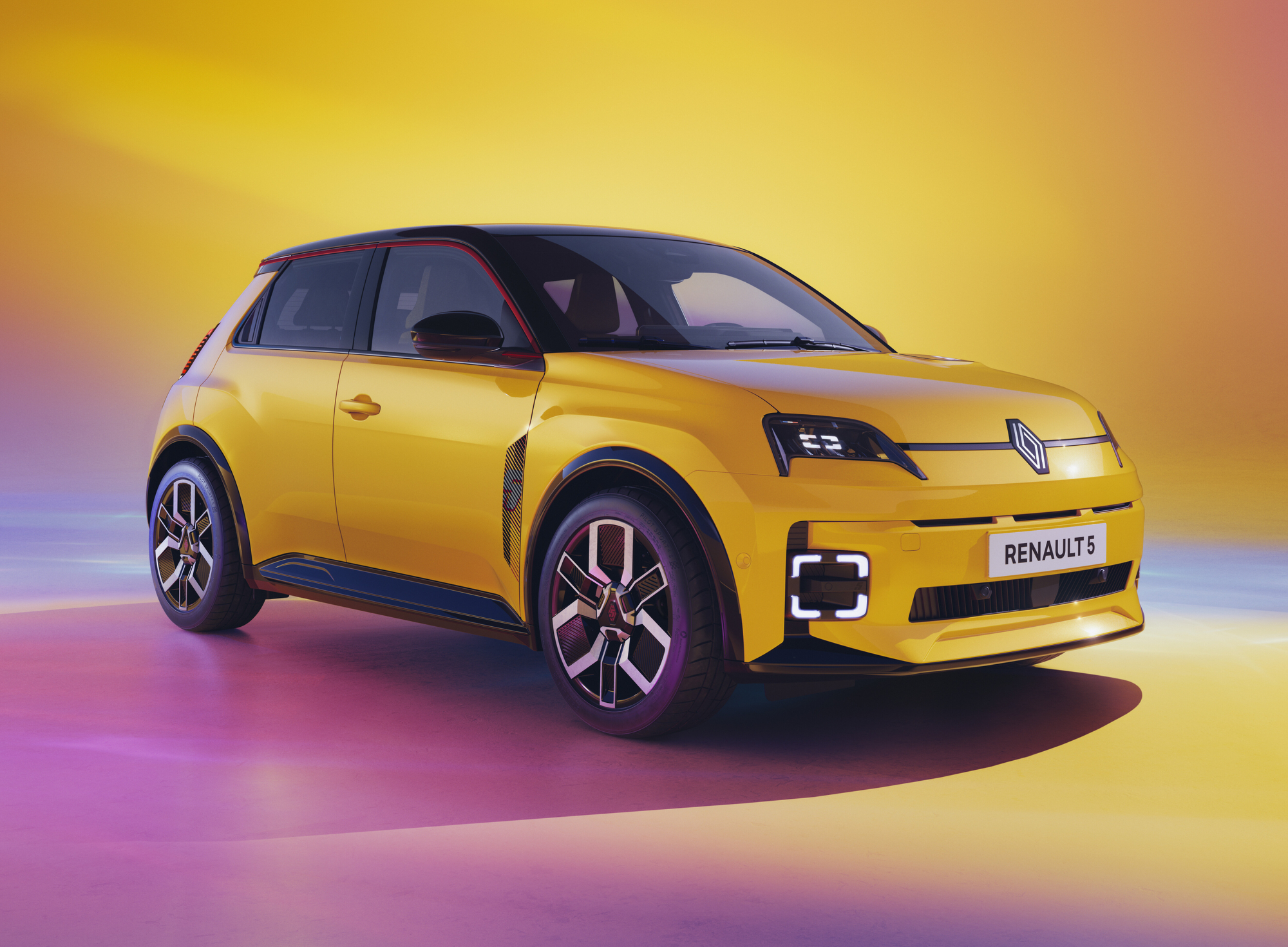
Renault’s shift in strategy comes amidst a broader trend of automakers adjusting their product forecasts. Recently, Mercedes Benz revised its prediction that EVs would make up 100 percent of its sales by 2030, emphasizing the continued development of ICE and hybrid technology.
Furthermore, Renault is in the process of forming a 50-50 joint venture with Chinese manufacturer Geely. This partnership will focus on developing combustion and hybrid engines for Renault, Geely, and their respective brands, including Volvo, Proton, Nissan, Mitsubishi, and Punch Torino. The venture might also supply engines to third parties, reflecting a broader industry effort to balance EV development with traditional combustion technology.

